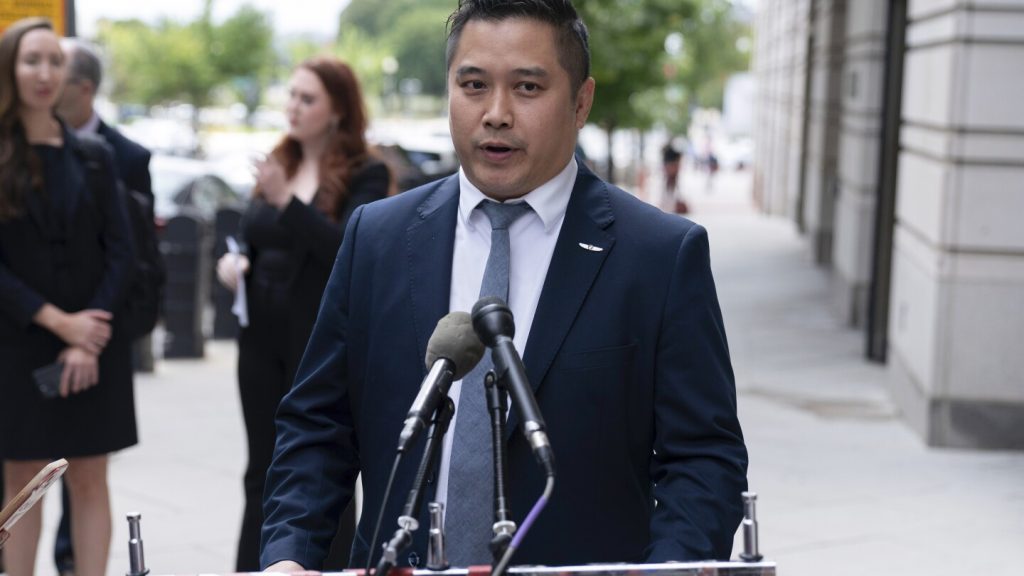TikTok faced off with the U.S. government in federal court on Monday over a law that could potentially ban the platform in the country. Attorneys representing TikTok and its parent company ByteDance argued that the law, which forces them to break ties by mid-January, is unconstitutional and restricts free speech. They highlighted that TikTok Inc., the U.S. arm of TikTok, is an American entity, and therefore should not be subjected to such restrictions. Content creators who are also challenging the law argued that it violates the rights of U.S. speakers and is similar to prohibiting Americans from publishing on foreign-owned media outlets.
The law in question was signed by President Joe Biden in April after concerns were raised about TikTok’s connections to China and the potential national security threat it poses. The U.S. government is worried about TikTok collecting user data, including sensitive information, which could be accessed by the Chinese government. Officials also raised concerns about the proprietary algorithm used by TikTok, which they believe could be manipulated by Chinese authorities. In court, the Justice Department argued that while data collection is common for commercial purposes, the same data could be utilized by foreign adversaries to compromise U.S. security.
Content creators who use TikTok expressed their concerns about the potential ban, stating that the platform has been instrumental in driving their businesses and reaching a wider audience. They argued that there are no interchangeable platforms that could provide the same opportunities as TikTok. Despite the government’s claims that the law does not target users or creators directly, creators like Paul Tran emphasized the platform’s unique value in helping their businesses grow. TikTok has consistently denied sharing U.S. user data with the Chinese government and maintained that divestment is not a viable solution as it would significantly impact the platform’s functionality.
During the court hearing, judges questioned both sides, expressing skepticism about the government’s rationale for the law and its potential impact on free speech. Judge Neomi Rao suggested that creators could continue their work on TikTok if the company is sold or if they choose to post on other platforms. However, creators emphasized the unique advantages that TikTok offers in terms of engagement and audience reach. The Justice Department defended the law, stating that it was necessary to address national security concerns and prevent potential manipulation of the platform’s content by foreign entities. TikTok and ByteDance have argued that the government could have taken a more tailored approach to address their concerns.
High-stakes negotiations between TikTok and the Biden administration in the past did not result in a deal, as the government insisted on severing ties between TikTok and ByteDance. TikTok had presented a draft agreement that included third-party monitoring of the platform to address concerns about data security and content manipulation. However, the government deemed compliance with the agreement impractical due to the platform’s size and technical complexity. The government’s decision to pursue a divestment or ban approach has been met with resistance from TikTok and ByteDance, who argue that it would severely impact the platform’s functionality and user experience. The court is now tasked with evaluating the constitutionality of the law and its potential implications for free speech and national security.


